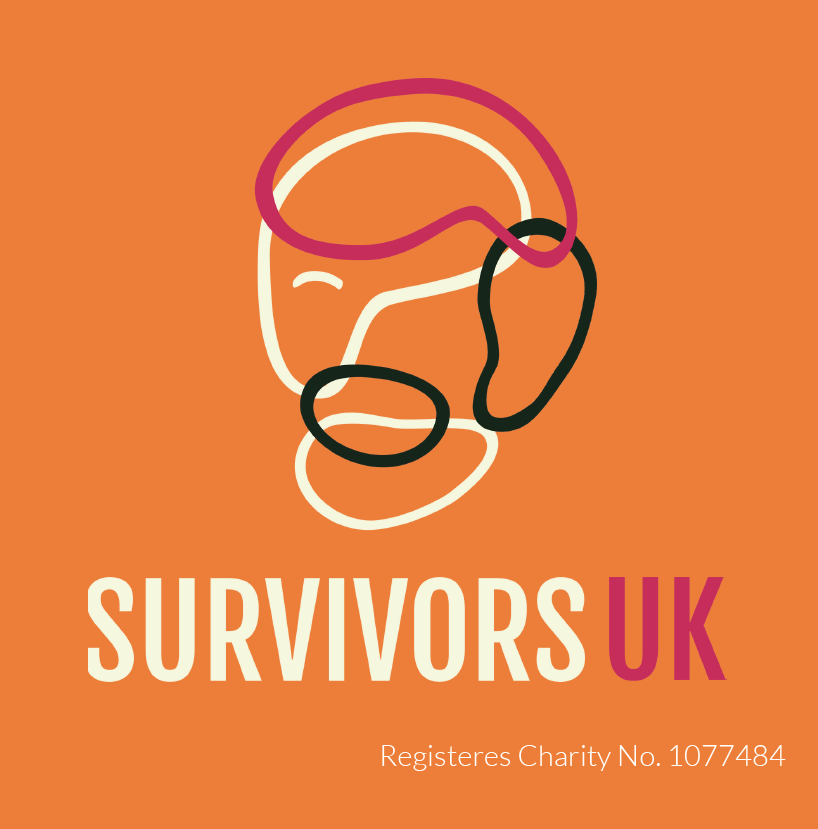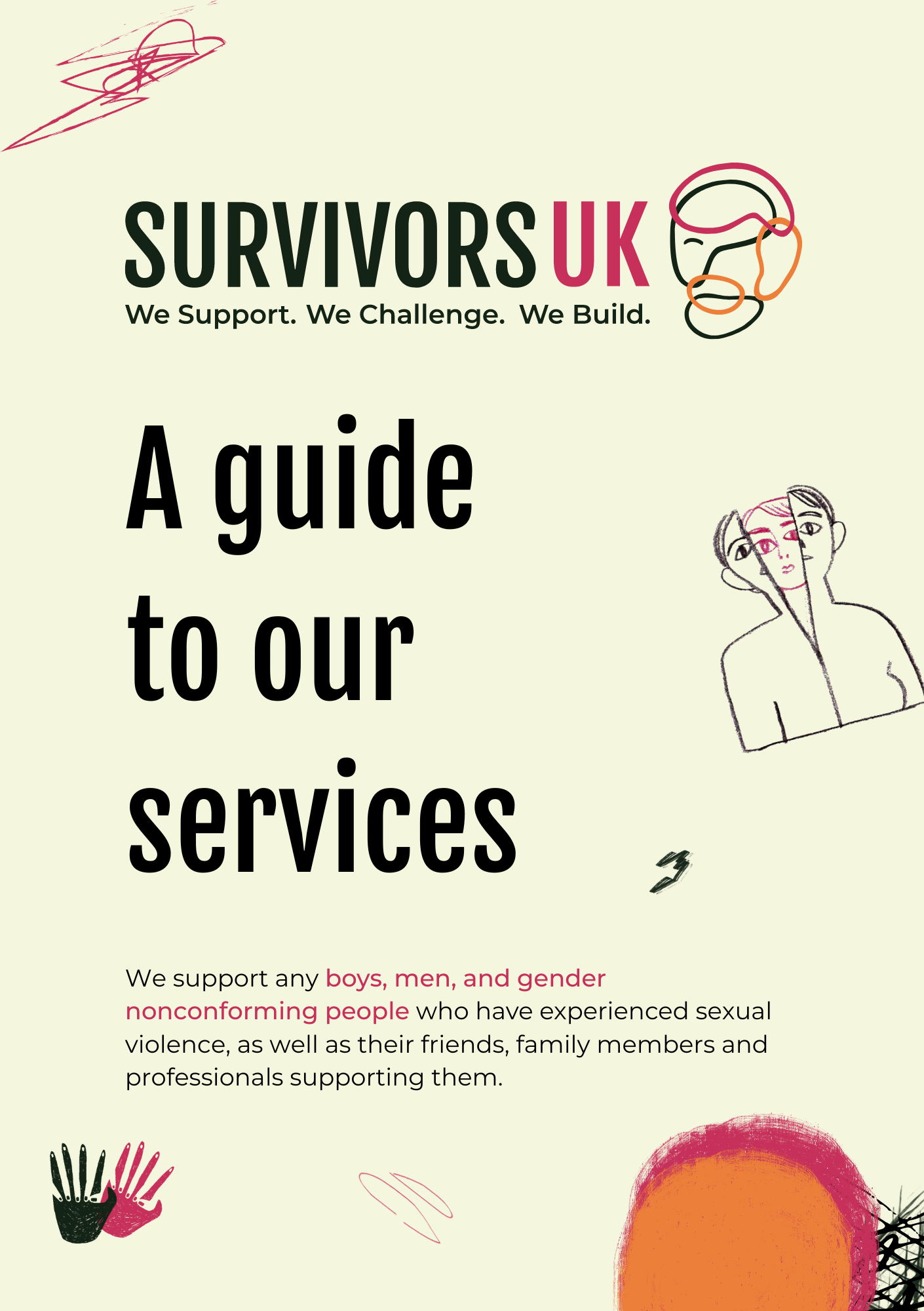
The impact of being refused criminal compensation after surviving sexual abuse or assault
After reading coverage of the government rejecting compensation claims for people abused as children, I would like to raise questions about the potentially retraumatizing impact of being refused criminal compensation after surviving sexual abuse or assault.
Criminal compensation in general can be a very thorny subject but when sexual abuse is the crime for which the person is claiming compensation the emotional charge is all the greater. Our experience at SurvivorsUK is that the Criminal Injuries Compensation Authority’s (CICA) decisions about whether or not to award compensation can reinforce the internalized guilt and shame which are so detrimental to the psychological wellbeing of survivors.
So what are some of the concerns and experiences of someone who has experienced sexual abuse when deciding to claim compensation and going through the process?
No-one can put a price on crime, perhaps most especially a sexual crime. People who have experienced sexual abuse speak of a childhood lost and a bomb going off in the core of their lives, causing damage to self-worth, education and job possibilities, relationships, ability to make healthy life choices and so on. If we are to put a financial price on that, we can begin to consider lost earnings and therapy fees but that does not even begin to take into account the massive psychological cost of abuse. Survivors of adult sexual assault also describe their experience as a bomb detonated in the centre of their lives, often causing untold damage to career, relationships, self-worth and one’s basic sense of trust in self, the world and others.
Going through the court system can often be a retraumatizing experience and the nature of sexual crime means that, even if the CPS feel there is sufficient evidence to take the matter to court, conviction rates remain low.
A survivor of childhood sexual abuse or adult sexual assault making a compensation claim is doing so in this context. Their history has often been not feeling able to speak their truth, or, in speaking it, not being believed. Maybe their perpetrator told them they wanted it really, or if they told they would not be believed. Survivors may internalise messages such as ‘it wasn’t that bad’, ‘I led my perpetrator on’, ‘maybe I was complicit’ – destructive untruths which further perpetuate shame and silence. Then imagine the impact of the reply from the CICA being a refusal on the basis that ‘on the balance of probability’, the sex that took place was consensual. This can occur even when the abuse took place when the victim was a minor and when there has been a conviction. This is not a question of money, it is a question of message.
Decisions made by the CICA carry a psychological message to survivors and a refusal carries the same message as was often given by the perpetrator – it wasn’t that bad, no-one will believe you, you wanted it really. As a society we need to ensure that survivors are heard and their experience is honoured. As a society we need consistently to say that sexual activity with a minor is a crime and as such will not be tolerated and as a society we need to be able to say that when someone is convicted of a crime, it is they who is guilty of that crime, not their victim.






